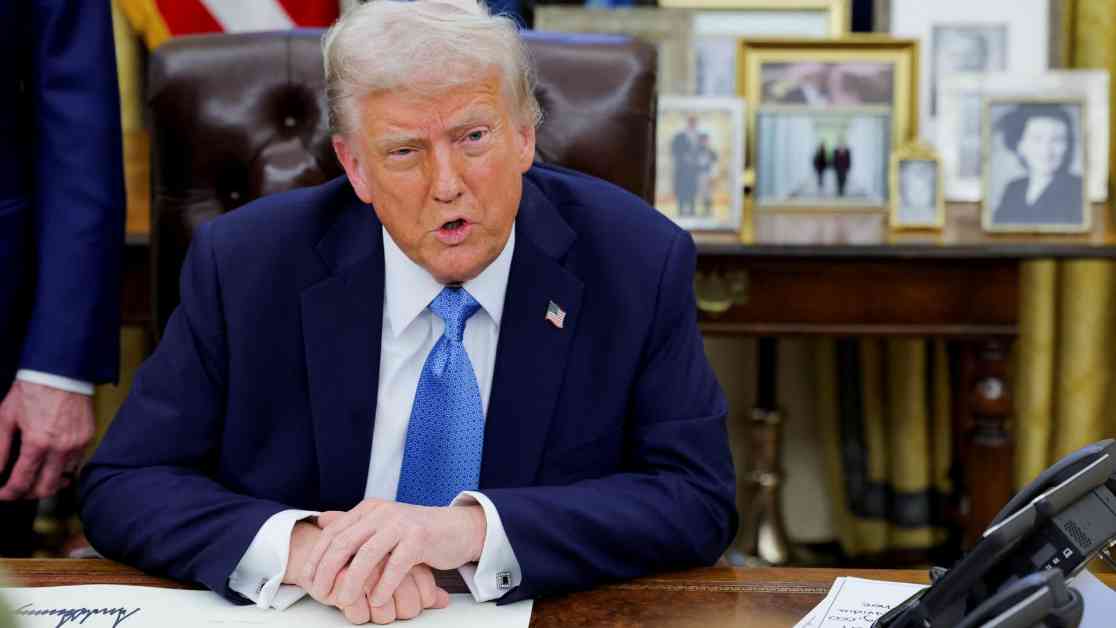In a recent turn of events, Gwynne Wilcox, the former chair of the National Labor Relations Board, has filed a lawsuit against U.S. President Donald Trump over her abrupt termination from the agency. Wilcox, who was ousted from her position last week, claims that her firing was politically motivated and violated the 90-year-old statute that established the NLRB. This unprecedented move by the president has sparked a legal battle that raises questions about the independence of regulatory bodies and the extent of executive power in the United States.
Wilcox’s Fight for Justice
Wilcox’s legal team argues that her removal from the NLRB was a clear violation of the agency’s independence. Created by Congress to enforce labor laws, the NLRB is designed to operate independently from political influence. However, Trump’s decision to dismiss Wilcox without cause or due process has thrown the agency into disarray and halted its regulatory activities.
The lawsuit filed in Washington, D.C., federal court seeks to reinstate Wilcox on the board and challenge the legality of her firing. The unprecedented nature of her removal, coupled with the potential implications for the NLRB’s ability to function, has raised concerns among legal experts and labor advocates. Wilcox’s case represents a critical test of the checks and balances that govern the relationship between the executive branch and independent agencies.
Implications for the NLRB and Beyond
With Wilcox’s dismissal, the NLRB now faces a significant operational challenge. The board, which requires a minimum of three members to function, is currently operating with only two remaining members. This lack of quorum poses a serious threat to the agency’s ability to resolve labor disputes and carry out its mandate effectively.
The vacuum created by Wilcox’s firing has also raised concerns among industry stakeholders, including major companies like SpaceX and Amazon. These companies have long contested the constitutionality of the NLRB’s structure and its impact on labor relations. The ongoing legal battle between Wilcox and the Trump administration could have far-reaching implications for the future of labor policy in the United States.
In a statement issued by Wilcox’s legal team, they emphasized the broader significance of her case in the context of Trump’s broader efforts to reshape the federal government. By challenging the president’s authority to unilaterally remove agency heads without cause, Wilcox is taking a stand against what her attorneys describe as a pattern of “openly illegal firings” that undermine the independence of regulatory bodies.
As the legal proceedings unfold, Wilcox’s case will continue to draw attention to the delicate balance of power between the executive branch and independent agencies. The outcome of this lawsuit could have a lasting impact on the ability of regulatory bodies to operate free from political interference and uphold the rule of law.
Wilcox’s fight for justice and the broader implications of her case underscore the critical importance of maintaining the independence of regulatory agencies in a democratic society. As the legal battle unfolds, it serves as a stark reminder of the fragility of institutional norms and the need to defend the principles that underpin the rule of law.




















